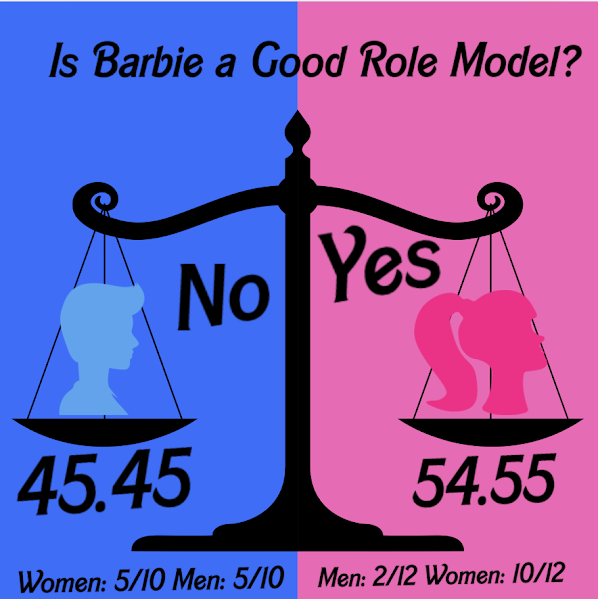Death Penalty Should Remain in Place
The death penalty in the United States has always been a controversial topic, which many people bring religion into, as well as personal feelings. It is a serious punishment and should be treated as such. Obviously, many people will have strong feelings about the subject, but the facts should come first, and the facts clearly show that the death penalty should stay in place.
The repeal of the death penalty would treat all murders as the same. Once a person commits a single act of murder, each additional murder is a freebie. With the death penalty, the higher the number of murders committed, the severity of punishment increases; i.e. death.
Authorities can use the death penalty to persuade a defendant to give information in exchange for a life sentence, rather than the death penalty. Using this plea bargain tactic can help authorities gain information and possibly even charge other criminals.
As Paul Muschick, columnist, reporter and editor at The Morning Call writes: “Having the death penalty can be a bargaining chip for authorities as they investigate crimes.”
Without the death penalty option, it will be harder to get information out of convicts, because they do not have greater risks than life in a cage.
Repeal of the death penalty would also take away justice for the victims and their families. People who fit into the category that is considered for the death penalty have done heinous crimes, and those affected by their actions may never feel like the convict got what they deserved.
Of course, there should be strict guidelines regarding which crimes constitute a death sentence. Anyone who does not deserve the punishment should not even be considered.
Those who are against the death penalty argue that the lethal injections cost more than keeping the convicts alive in prison for their whole lives, but as Chris Clem, Juris Doctor, writes in ProCon.com, “Executions do not have to cost that much. We could hang them and re-use the rope. No cost!”
Capital punishment produces a strong deterrent effect that saves more lives than it takes. There is also little evidence that the death penalty guidelines are racist or mysogynistic in any way. Understandably, there has been some controversy over this, stating that there is a higher percentage of African Americans on death row. There certainly may be some racial profiling that goes into death sentencing, but that can be fixed by changing the corrupt justice system, not ruling out the death penalty in general.
In the end, the death penalty should stay in place because it benefits the public. The guidelines for the death penalty should remain strong and unbiased and remain a way to bring justice to victims and their families.






